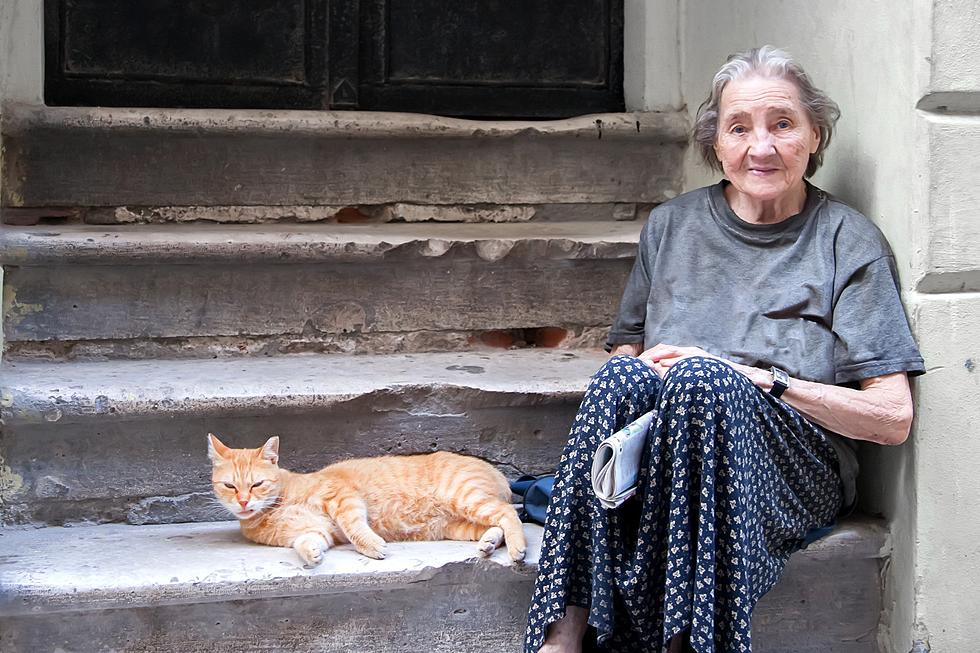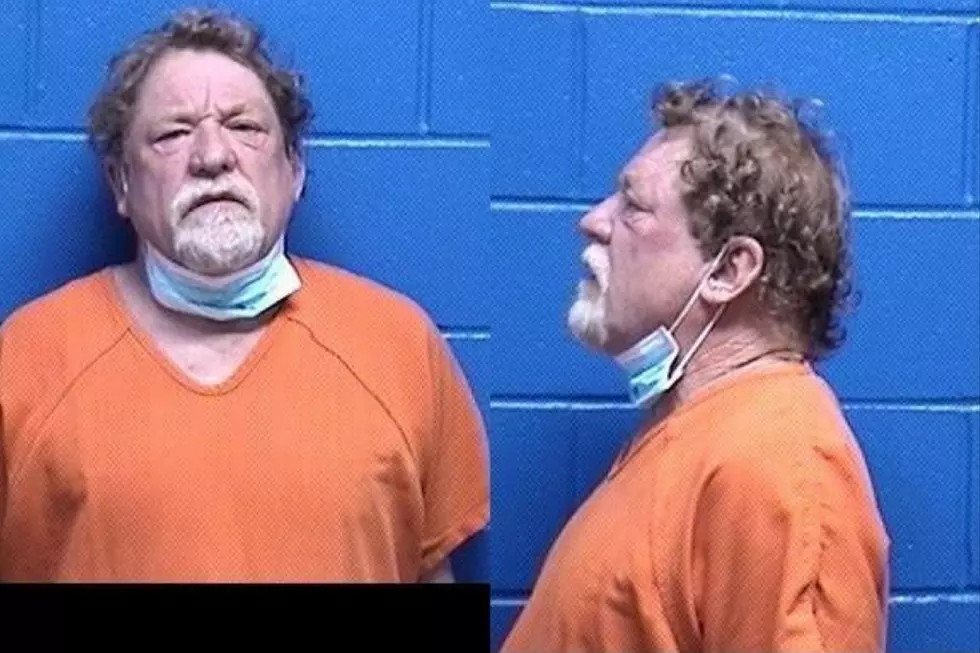
Death Panels Are Already at a Hospital Near You
The following article was written and submitted by Marilyn M. Singleton, M.D., J.D. To find more articles in this vein, visit The Association of American Physicians and Surgeons website -
When advance health care directives (“living wills”) were popularized, the guiding principle was to allow patients to choose to “die with dignity.” But one man’s dignity is another man’s poison. Surveys suggest that half of those with a serious chronic illness prefer to die at home. The other half prefer treatment in hospitals.
Advance directive legislation has evolved from a means to ensure patient autonomy to a license for health providers to withdraw medical treatment—even against a patient’s wishes. Statutory advance directives provide that individuals “have the right to give instructions about their own health care,” but they fail to mention that such instructions may not be carried out if individuals have chosen life. (See, for example, California Probate Code section 4701).
The Uniform Health Care Decisions Act (UHCDA), model legislation developed in 1994, has been adopted in whole or in part by several states. It provides that health-care providers—without legal consequences—may decline to comply with an individual’s health-care decision that “requires medically ineffective health care or health care contrary to generally accepted health-care standards applicable to the health-care provider or institution.” Not surprisingly, the key term, “medically ineffective” is not defined. Any attempts at specificity would force an open debate on the morality of rationing and “playing God.”
Patients must be informed of the rules before the final seconds of the game. Under state laws, circumstances under which wishes can be denied range from a terminal condition or permanent unconsciousness (Alabama) to being permanently unconscious or “an incurable or irreversible condition” that will cause death “within a relatively short time” (Maine).
Unbeknownst to patients, many hospitals have policies that flesh out treatment withdrawal standards. For example, Stanford Hospital’s “Policy for Medically Ineffective (Futile) Treatment” states:
Medically ineffective refers to treatment that would not offer the patient any significant benefit. If an attending physician believes treatment is not medically ineffective and assumes care of the patient, treatment is not medically ineffective.
This tortured clarification anoints the physician as the final arbiter.
The UHCDA provides that a physician or institution that has decided to withdraw care against the patient’s wishes must make “reasonable efforts” to transfer the patient to a provider willing to comply with the patient’s wishes and provide continuing care until a transfer is made or a transfer is found to be impossible. This leaves much room for defining “reasonable” efforts, and there may be no options available in areas where medical facilities are scarce. Of course, hospital policies caution physicians that decisions should not be governed by age, race, creed, or economic status. However, if a patient cannot afford skilled nursing care or home health aides, ability to pay determines the outcome.
In treatment withdrawal cases, physicians must continue pain relief and “palliative care.” Stanford’s policy defines palliative care as any treatment that concentrates on reducing the severity of symptoms of a disease or condition, rather than providing a cure. Taken literally, this definition would include anti-hypertensives for high blood pressure and insulin for diabetes.
Is treatment withdrawal about compassion and preventing suffering, or pragmatism and saving money? Medicare spends an average of $24,000 for beneficiaries in their last year of life versus an average of $4,000 for all other beneficiaries. However, a recent federally funded study concluded that decedents’ average “cost of dying” is only modestly higher than yearly costs for individuals with similarly complex medical needs, e.g., dementia, cancer, stroke, or chronic obstructive lung disease.
Over the last 20 years, one-fourth of Medicare dollars has been spent on services for the five percent of beneficiaries in their last year of life, even with the growth of hospice. Predictions, such as those from the American Heart Association that heart failure treatment costs will soar over the next 20 years, may compel the government to formulate rigid, bright-line rules and policies that promote a culture of rationing and “letting Grandma go to a better place.”
Making peace with death is a complex personal process. Many would choose to forgo treatment rather than spending every dollar on care they perceive to be of low value.
But most Americans are forced to depend on a system that will increasingly push Grandma onto a pathway to death well before her natural lifespan has run its course—at the whim of elite decision-makers in the name of the benefit of the collective.
Marilyn M. Singleton, MD, JD is a board-certified anesthesiologist and Association of American Physicians and Surgeons (AAPS) member. Despite being told, “they don’t take Negroes at Stanford”, she graduated from Stanford and earned her MD at UCSF Medical School. Dr. Singleton completed 2 years of Surgery residency at UCSF, then her Anesthesia residency at Harvard’s Beth Israel Hospital. She was an instructor, then Assistant Professor of Anesthesiology and Critical Care Medicine at Johns Hopkins Hospital in Baltimore, Maryland before returning to California for private practice. While still working in the operating room, she attended UC Berkeley Law School, focusing on constitutional law and administrative law. She interned at the National Health Law Project and practiced insurance and health law. She teaches classes in the recognition of elder abuse and constitutional law for non-lawyers. Dr. Singleton recently returned from El Salvador where she conducted make-shift medical clinics in two rural villages. Her latest presentation to physicians was at the AAPS annual meeting about challenging the political elite.
The Patient Protection and Affordable Care Act and the Fiscal Cliff http://www.aapsonline.org/index.php/article/the_patient_protection_and_affordable_care_act_and_the_fiscal_cliff/
More From Newstalk KGVO 1290 AM & 98.3 FM









